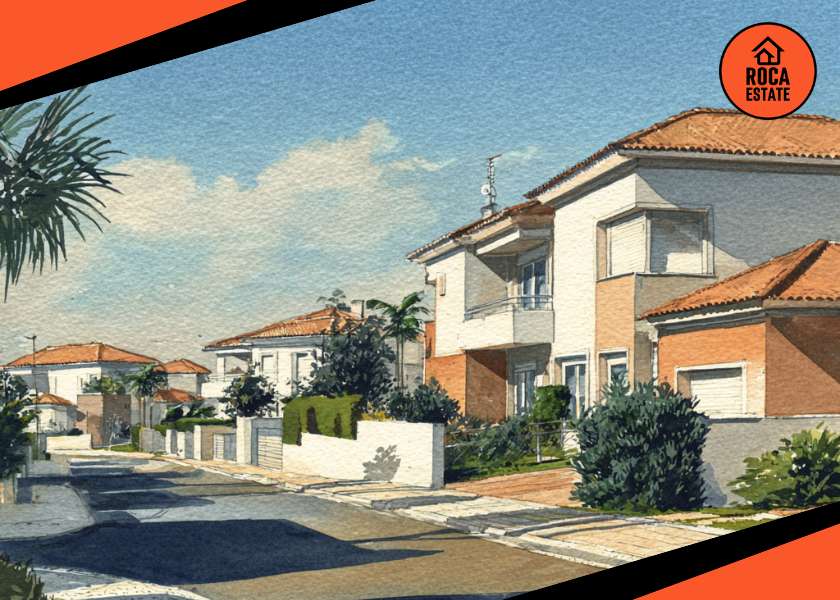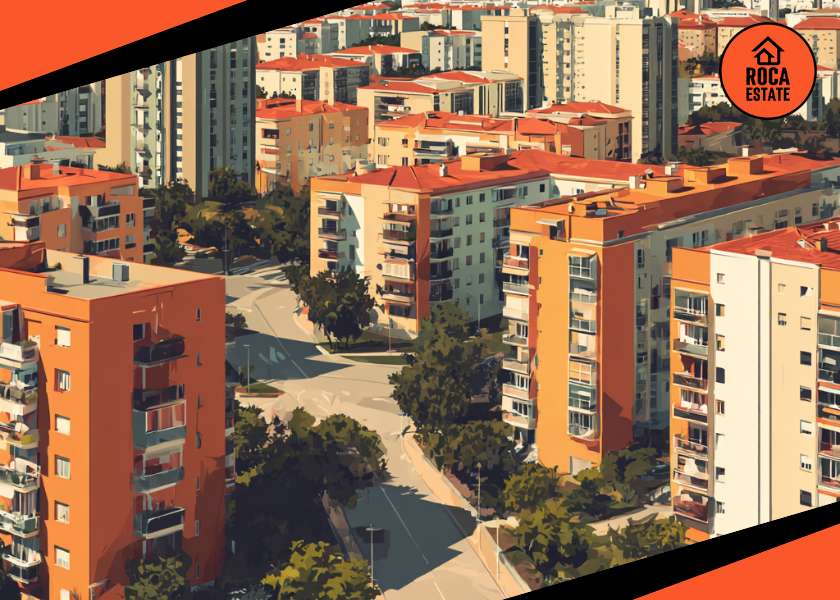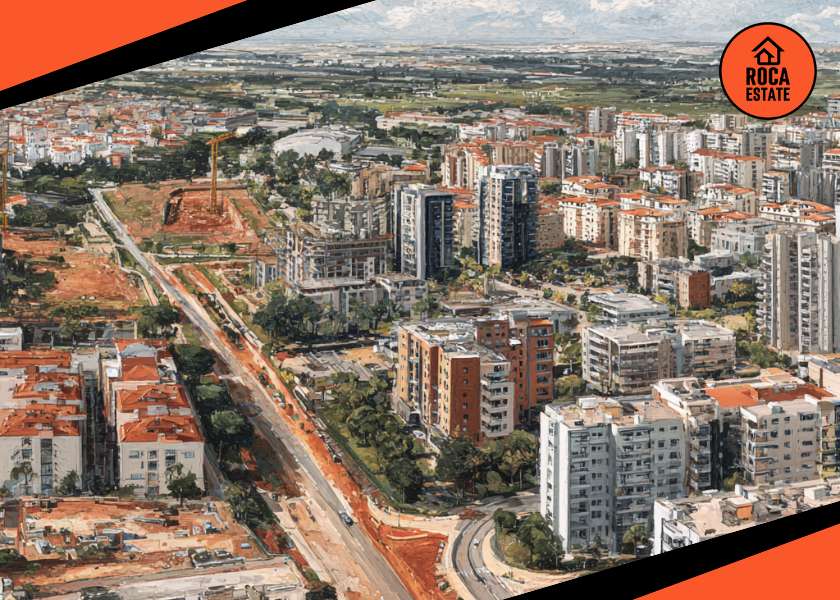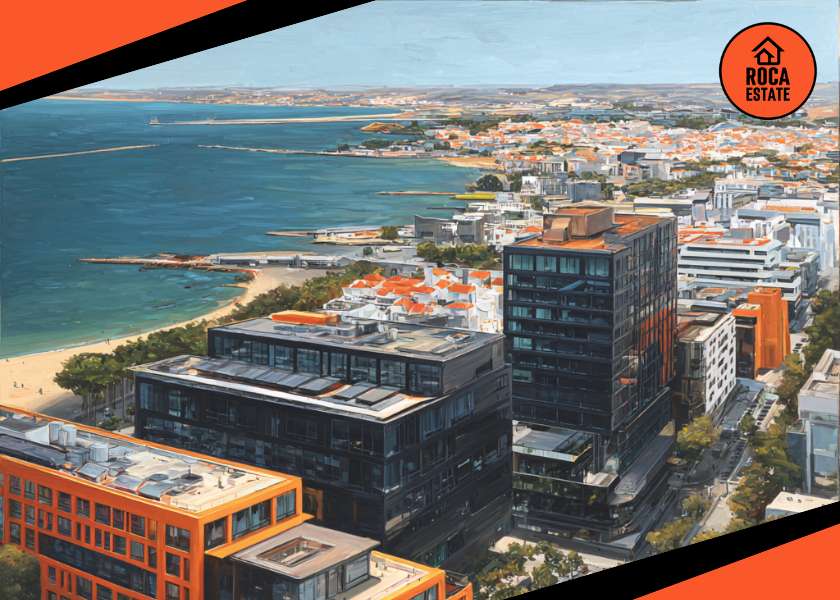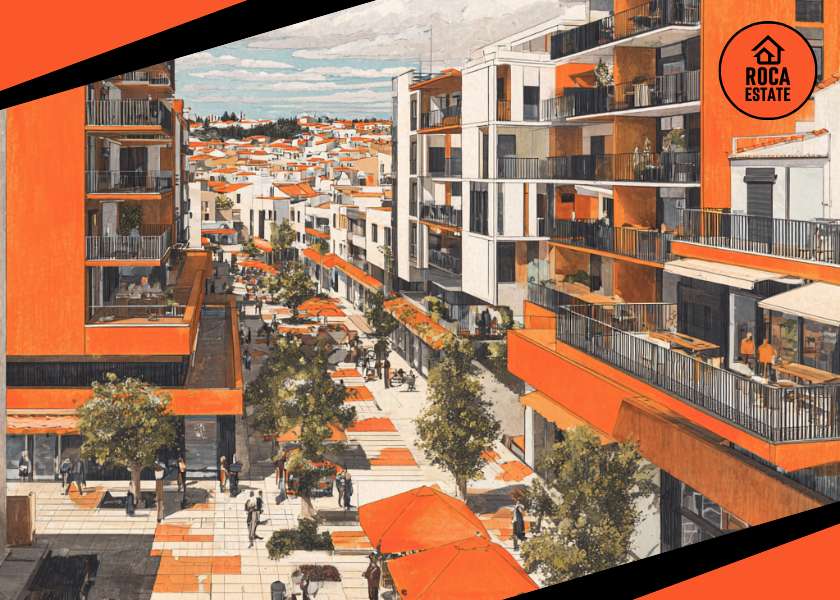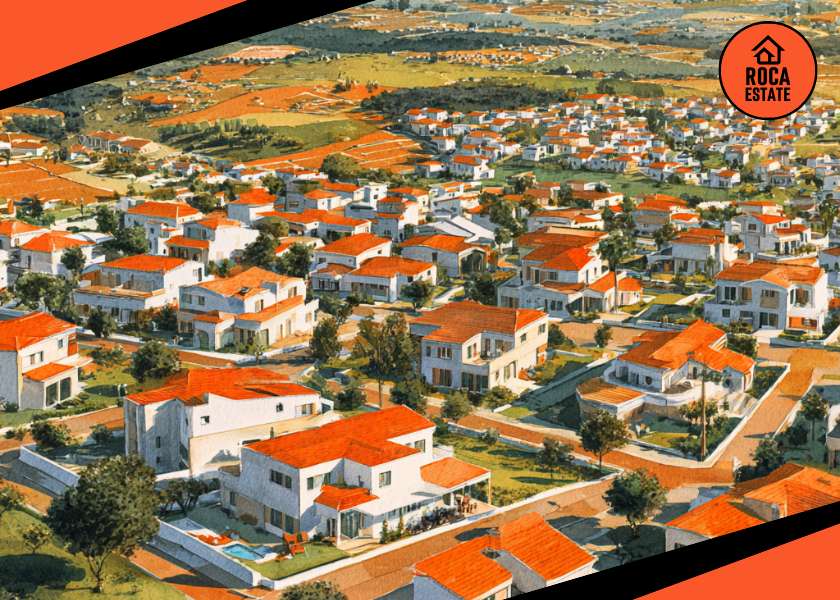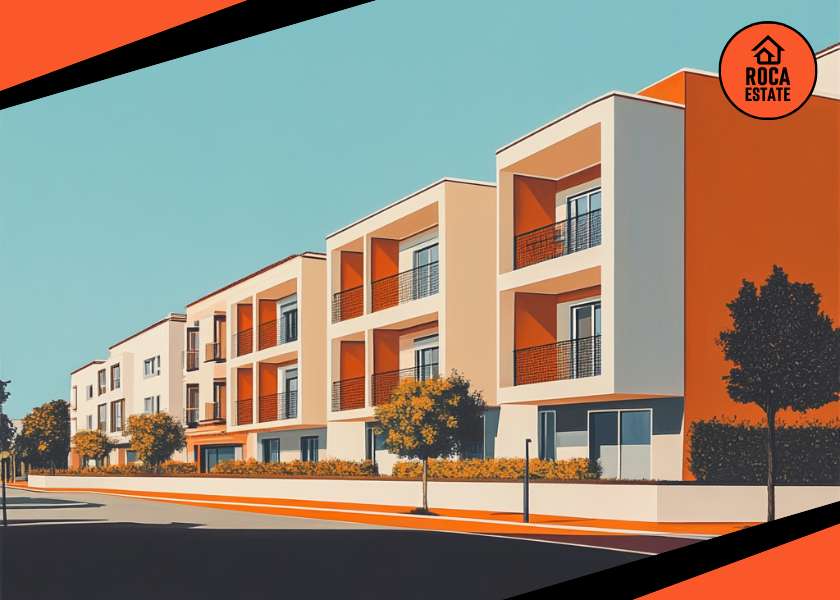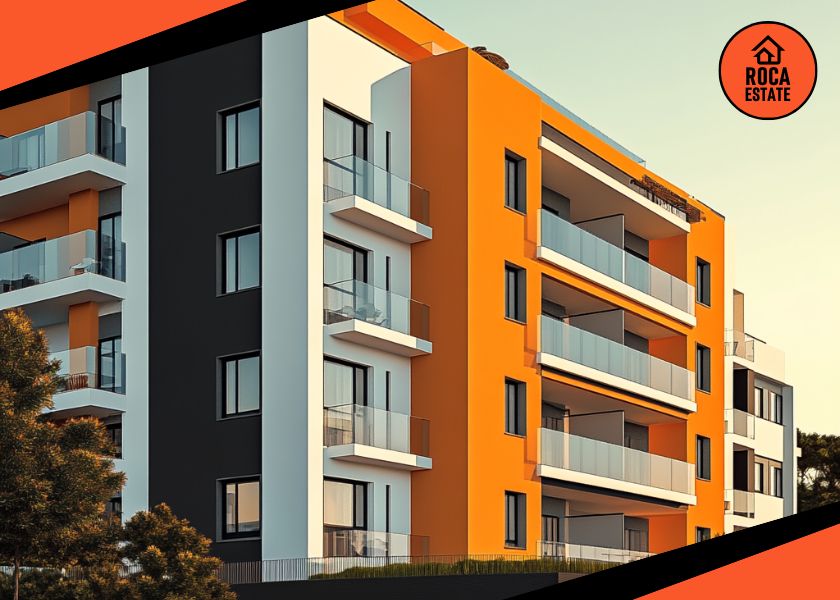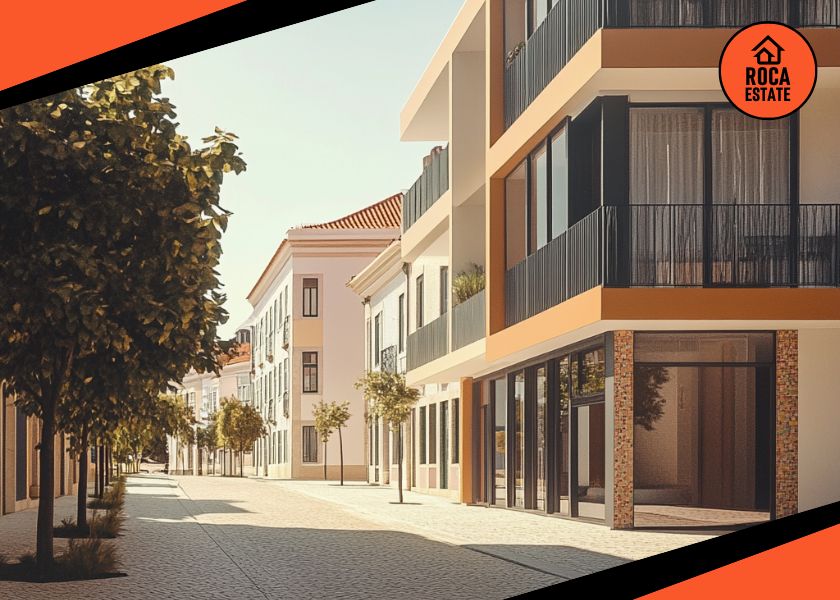The Portuguese property market continues to exhibit robust growth, presenting compelling opportunities for investors. According to the Q3 2024 House Price Index (HPI) report, house prices rose by 9.8% year-over-year, with the volume of transactions increasing by a remarkable 19.4%. These figures underscore the resilience and attractiveness of the market despite macroeconomic uncertainties.
Key Performance Indicators
- Price Growth:
- Existing dwellings saw a 10.5% price increase, outperforming new dwellings, which recorded an 8.1% increase.
- Quarter-over-quarter growth was also notable, with a 3.7% increase in the HPI, slightly down from the previous quarter’s 3.9%.
- Transaction Volume and Value:
- The number of dwelling transactions reached 40,909 in Q3 2024, with a total value close to €9.1 billion, reflecting a 28% year-over-year increase.
- Institutional household buyers dominated the market, accounting for 86.7% of transactions.
- Regional Highlights:
- Greater Lisbon and Northern Portugal accounted for nearly 50% of all transactions, demonstrating these regions’ ongoing significance as investment hubs.
- The Algarve, while a key player in the luxury and tourism sectors, saw a slight decline in transaction share, underscoring the need for region-specific strategies.
- International Buyers:
- Transactions by buyers with tax residency outside Portugal decreased by 3.1%, highlighting a shift in market dynamics and potential opportunities to re-engage international investors.
Key Considerations for Real Estate Investment Success
The Portuguese market’s strong fundamentals offer a dual advantage: stability and growth potential. However, strategic consideration of emerging trends is essential to optimize investment returns.
- Focus on Existing Dwellings: The higher appreciation rate and transaction volumes for existing properties make them a preferred choice for investors seeking quicker capital gains and liquidity.
- Regional Diversification: While Lisbon and Porto remain safe bets, exploring growing areas like Setúbal Peninsula, which showed an increase in relative transaction weight, can offer early entry advantages in emerging markets. On the other hand, regions like the Algarve, which saw a decline in transaction share, may still offer opportunities but require a more cautious approach tailored to niche segments such as luxury or tourism-driven investments.
- Adaptation to Domestic Dominance: With domestic buyers accounting for the majority of transactions, tailoring offerings to the local market’s preferences could enhance sales velocity. On the other hand, the decrease in foreign buyer activity suggests a need for proactive strategies, such as targeted marketing campaigns, to re-attract international investors.
- Sustainability Considerations: The growing emphasis on energy-efficient and sustainable properties aligns with global trends and presents an opportunity to cater to a forward-looking demographic.
Unlocking Opportunities in Portugal’s Market
Portugal’s real estate market is a fertile ground for investment, offering a blend of high returns and market stability. The increase in property prices and transaction volumes demonstrates enduring demand and investor confidence. While the dominance of domestic buyers marks a shift, it also ensures market resilience. On the other hand, the decline in activity from foreign buyers indicates a potential area for growth, provided the right strategies are implemented to re-engage this segment.
Strategic investments in high-demand regions, with a focus on existing properties, are likely to yield optimal returns. As the market evolves, adaptability and data-driven decision-making will remain critical. By aligning investment strategies with these trends, real estate investors can capitalize on Portugal’s thriving property market and position themselves for long-term success.
House Price Index – 3Q 2024
Value of Dwelling Transactions – 3Q 2024
Volume of Dwelling Transactions – 3Q 2024
As Portugal’s real estate market continues to grow, it’s essential to partner with a team that understands local dynamics. Learn more about Roca Estate’s mission, approach, and track record in delivering high-performing real estate investment in Portugal on our About page.



